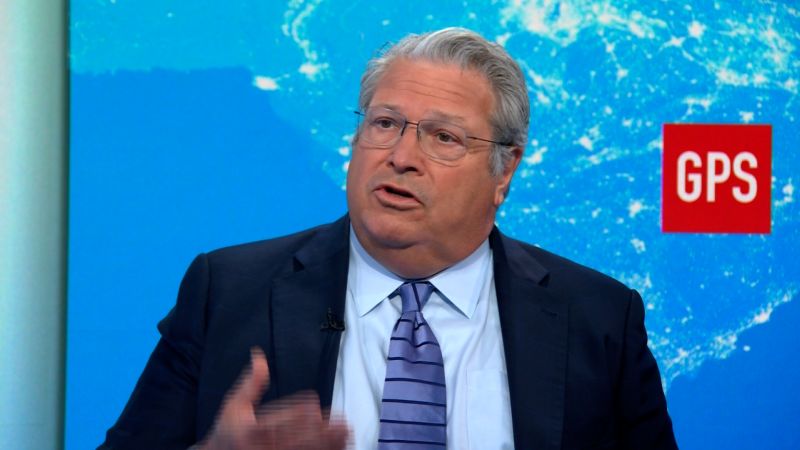Robert Kagan explores how Trump’s anti-liberalism is not a new phenomenon in American history but rather has deep roots in the country’s past. Kagan argues that Trump’s anti-liberalism is part of a broader tradition of resistance to liberal democracy that has been present since the founding fathers. This strain of anti-liberalism can be seen in the views of Thomas Jefferson and other early American leaders who were skeptical of democracy and preferred a more hierarchical form of government. Kagan suggests that Trump’s anti-liberalism is a continuation of this tradition and reflects a deeper tension in American political thought.
Kagan also discusses the impact of Trump’s anti-liberalism on American society and politics. He argues that Trump’s attacks on democratic institutions and norms have eroded trust in the political system and created a climate of division and polarization. Kagan suggests that Trump’s anti-liberalism has intensified existing tensions within American society and has made it more difficult for the country to come together and address its challenges. He warns that unless these divisions are addressed, American democracy is at risk of further erosion.
Kagan emphasizes the importance of understanding the historical roots of Trump’s anti-liberalism in order to effectively address the challenges it presents. He argues that by tracing the evolution of anti-liberal thought in America, we can gain a better understanding of its motivations and implications. Kagan suggests that by recognizing the deep-seated nature of anti-liberalism in American society, we can begin to develop strategies for countering it and strengthening democratic institutions. He emphasizes the importance of defending and upholding the principles of liberal democracy in the face of these challenges.
Kagan also discusses the role of political leaders and institutions in combating anti-liberalism and defending democracy. He argues that it is crucial for political leaders to speak out against anti-democratic rhetoric and actions and to reaffirm their commitment to democratic values and norms. Kagan suggests that political institutions, such as Congress and the courts, play a critical role in enforcing the rule of law and holding those who seek to undermine democracy accountable. He emphasizes the need for a strong and independent judiciary to protect the integrity of the democratic process.
Kagan concludes by offering a hopeful note, suggesting that despite the challenges posed by Trump’s anti-liberalism, American democracy has shown resilience in the face of adversity. He points to the peaceful transfer of power from Trump to President Joe Biden as a sign of the strength of America’s democratic institutions. Kagan calls on Americans to remain vigilant in defending democracy and to work together to address the underlying causes of anti-liberalism. He emphasizes the importance of unity and solidarity in confronting the challenges facing American society and reasserting the values of liberal democracy.


